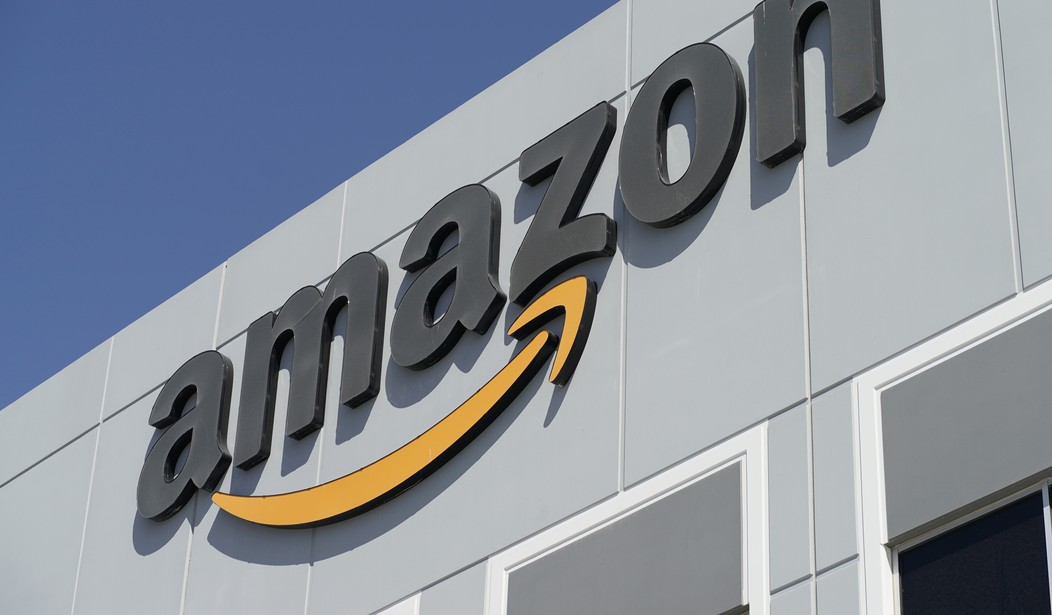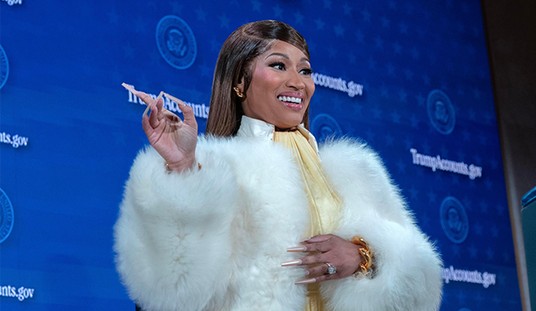By Jared Whitley
Like many Americans, I harumphed when Amazon recently threatened to add a separate line item to its prices – to show the price of President Trump’s tariffs. The White House shot back that, if Amazon wanted to draw attention to how policy affects normal people, the company should have listed a line item from 2021 to 2024 for Bidenflation.
Were I White House press secretary, I would have rejoined that Amazon should list how much mega-billionaire Jeff Bezos earns per item compared to the sweatshop laborer who prepared it. We’re all paying for Bezos’s $500 million yacht and his recreational trips to space – so why not highlight that?
Now, of course, as a capitalist, I don’t begrudge that Bezos has made a lot of money – but I do care about his partisan hypocrisy, especially when he pretends to play nice every other week. Maybe if Amazon focused more on business and less on politics, its stock would be doing better. But the company must figure that its monopoly gives it free rein to do whatever it wants.
Or does it?
For well over a decade, Amazon held a firm grip on the wallets of American shoppers looking for everything from clothes to power tools at a cheap price. And while this system has invariably had problems – counterfeit goods, labor strife, and claims of operating a monopoly are just a few examples – Amazon’s dominance of the e-commerce marketplace meant that it could get away with almost anything so long as Americans continued to rely on the retail giant for their shopping needs.
Then, however, came the prolific rise of Chinese competitors like Shein and Temu in the early 2020s, which have undercut Amazon’s retail hegemony by offering products at a fraction of the cost and capitalizing on the fast fashion trends loved by Gen Z on social media. By 2023, Shein became the world’s largest apparel retailer, while the gross merchandise value of Temu – founded only in 2022 – is expected to reach close to $41 billion this year.
Amazon has obviously felt the squeeze from its rivals in China, as it announced last year its own discount online storefront of Chinese-shipped products called Haul. While the company has never been actively against selling poorly made products to U.S. consumers, Amazon’s recent announcement that it is seeking to expand Haul globally is the clearest indication yet that the tech behemoth is accelerating the race to the bottom to compete with the likes of Shein and Temu.
RELATED: Karoline Leavitt Nukes Jeff Bezos, Amazon Over Tariff Pricing Move
Bezos Balks: Amazon Denies Plan to Display Tariff Costs After White House Pushback
As a number of social media commentators have pointed out, Amazon Haul is basically a rip-off of Temu – and a poorly done one at that. This is not something American shoppers need. For example, Amazon Haul features products that cost less than $10 and offer free delivery on orders over $25. But it will ship all products to U.S. consumers from a warehouse in China, and orders will take anywhere between one and two weeks to arrive on your doorstep.
Setting aside the massive environmental impact of shipping $2.99 phone cases and hairbrushes to the U.S. from China, and the fact that there is little Amazon can do to inoculate itself from the allegations of forced labor use that have been leveled against its Chinese competitors, Amazon Haul is just another way that a company already worth billions of dollars can fleece Americans out of their hard-earned money by selling them cheap, poorly-made junk that will quickly end up in the landfill.
Given all the variables that are hitting Americans’ pocketbooks right now – from worries over the White House’s tariffs on our key trade partners and concerns over a return of inflation to the prices at the grocery store and gas pump – the last thing consumers need right now is a deluge of cheap, poorly made products arriving in their mailboxes.
Unlike Amazon’s traditional business model, which relies on a vast network of warehouses and other logistics infrastructure to deliver rapid deliveries across the U.S., Haul’s warehouse facilities will be in China – meaning that the service won’t even create any meaningful jobs stateside as the country deals with rising prices and other economic woes. In fact, it will likely only serve to undercut American manufacturers and sellers — including those on Amazon’s own marketplace.
With its focus on dirt-cheap, Chinese-made products, Haul is nothing but a Temu wolf in Amazon clothing. Amid all the economic uncertainty and concerns over inflation, another online retailer shipping from China to the U.S. is the last thing the country needs. American consumers should take heed.
Jared Whitley is a longtime politico who has worked in the US Senate, White House, and defense industry. He has an MBA from Hult business school in Dubai, and in 2024, he won the Top of the Rockies award for best columnist.
Editor’s Note: Every single day, here at RedState, we will stand up and FIGHT, FIGHT, FIGHT against the radical left and deliver the conservative reporting our readers deserve.
Help us continue to tell the truth about the Trump administration and its major wins. Join RedState VIP and use promo code FIGHT to get 60% off your membership.













Join the conversation as a VIP Member